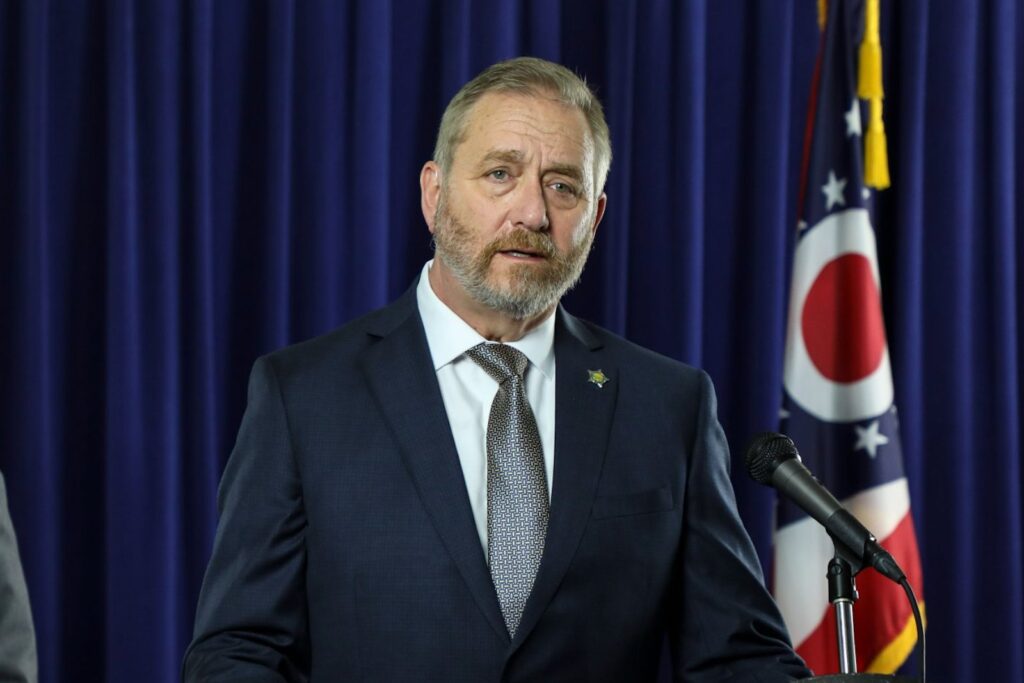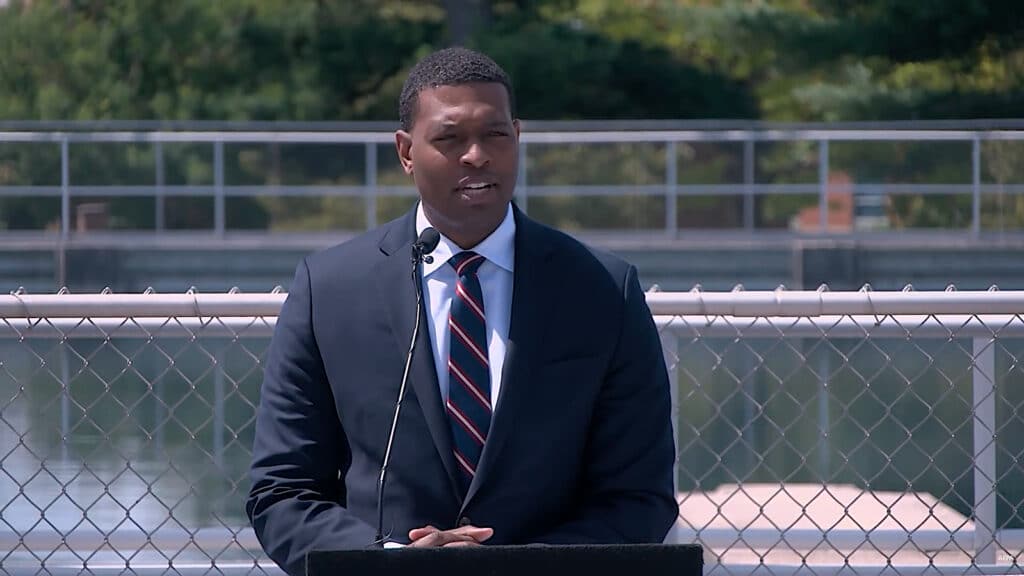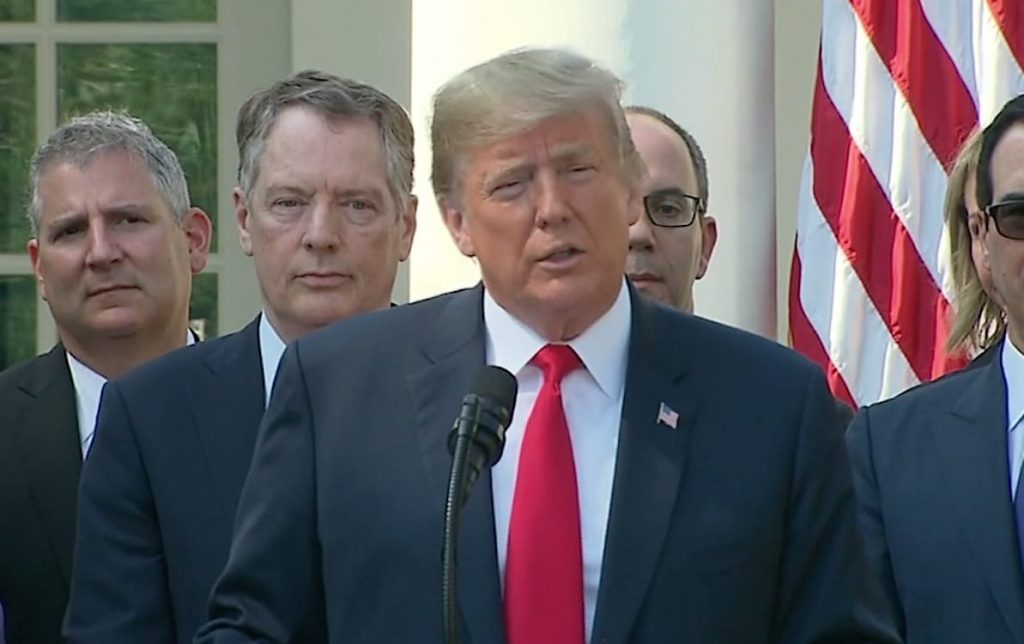California Gets Automakers’ Support in Clean Air Legal Battle — Again
[ad_1]
The ongoing battle between Environmental Protection Agency and 17 Republican attorneys general about the California’s ability to limit greenhouse gas emissions using a waiver initially granted decades ago saw five automakers jump into the legal fray on behalf of the Golden State.

Last month, the top law officers in 17 states — led by Ohio Attorney General Dave Yost — filed suit attempting to block the use of the waiver, claiming it violates the U.S. Constitution’s equal sovereignty doctrine. Yost was joined in the suit by Alabama, Arkansas, Georgia, Indiana, Kansas, Kentucky, Louisiana, Mississippi, Missouri, Montana, Nebraska, Oklahoma, South Carolina, Texas, Utah and West Virginia.
Five automakers banded together to file a motion to intervene, saying it supports the state’s efforts to “protect public health” and fight climate changed. The five companies are Ford, BMW Group, Honda, Volkswagen and Volvo Cars, according to an Automotive News report.
“Ford is combatting climate change. We support the EPA’s recent Waiver Decision to allow California and other states to protect people’s health and combat climate change by establishing and enforcing air pollution standards and zero emission vehicle requirements,” said Steven Croley, chief policy officer and general counsel, in a statement.
“This is the right thing to do for people and the planet — but it also is critical to the automotive industry’s future success. It moves us closer to a zero-emissions transportation future, and it creates regulatory stability and a level regulatory playing field for the entire industry.”
Filing suit

The suit was filed May 12 in the U.S. Court of Appeals for the District of Columbia Circuit. It came after the EPA announced March 9 it would reinstate California’s waiver that was previously revoked by the Trump administration in 2019.
Trump claimed the pulling California’s waiver allowed for a uniform national standard, which would make it easier for automakers to produce vehicles that are less expensive and safer at the same time — a notion disputed by a variety of environmental and safety advocates as well as some automakers.
The attorneys general claim giving California the right to set different standards than the rest of the country is unfair to those states. EPA Administrator Michael Regan said in March that other states could opt to use the California standard instead of the less stringent federal mark. Regan nor the EPA have commented on the new lawsuit.
“The Act simply leaves California with a slice of its sovereign authority that Congress withdraws from every other state,” Patrick Morrisey, the attorney general of West Virginia, said in a statement, according to The Hill.
“The EPA cannot selectively waive the Act’s preemption for California alone because that favoritism violates the states’ equal sovereignty.”
Biden made the change

President Joe Biden made it one of is first acts as president in January 2021, via executive order, to direct the EPA to examine the possibility of reinstating the waiver, which was critical to the state being able to clean up its air pollution in the late 20th century.
However, before that happened, the state of California filed suit with the support of the five automakers intervening now, for the ability to set the higher, more rigid standard. In some cases, the companies were already working toward loftier targets.
“We’re not changing our strategy,” Art St. Cyr, the head of automotive operations for American Honda, told TheDetroitBureau.com in 2019, following the debut of the automaker’s first gas-electric SUV, the 2020 CR-V Hybrid. St.
Cyr disputed the question of whether the push to electric vehicles would cost jobs, noting Honda invested $4.2 million to add production of the hybrid model at its Indiana plant, adding 34 jobs in the process.
Ironically, less than a week after pulling California’s waiver, the EPA threatened to pull federal highway fundsbecause of the state’s air quality problems.
In a letter sent to the head of the California Air Resource Board, or CARB, on Tuesday, EPA Administrator Andrew Wheeler declared that California “has failed to carry out its most basic tasks under the Clean Air Act,” and thus suffers from “the worst air quality in the United States.” As a result, it could lose as much as $4 billion in highway funding during the coming fiscal year.
[ad_2]
Source link







